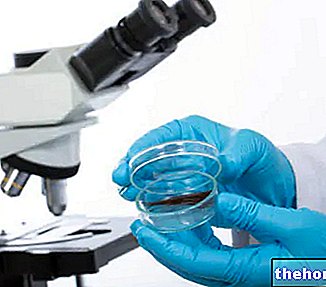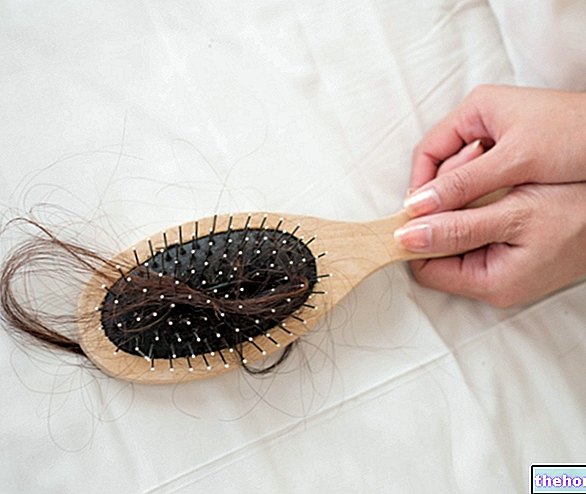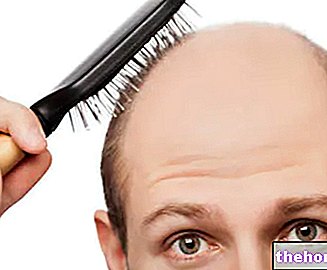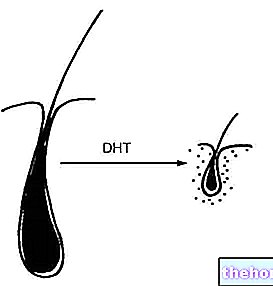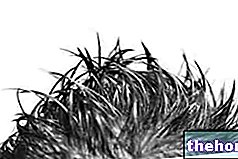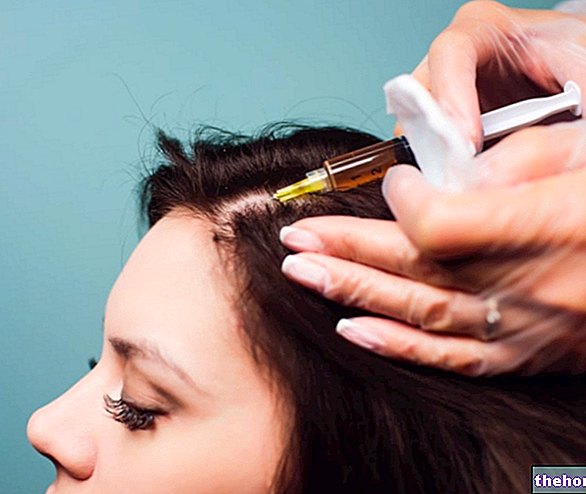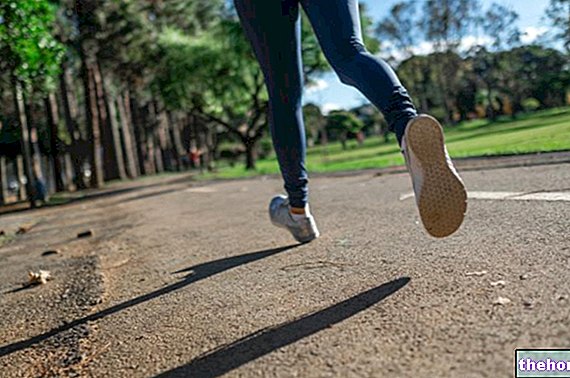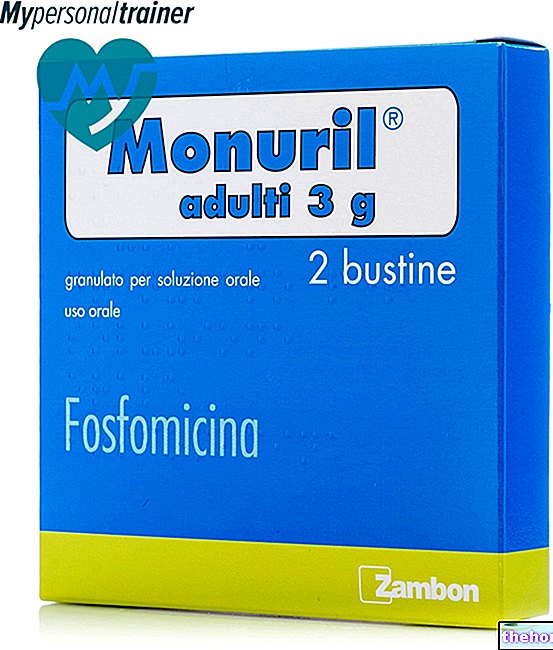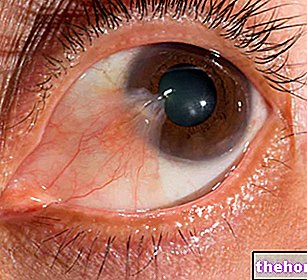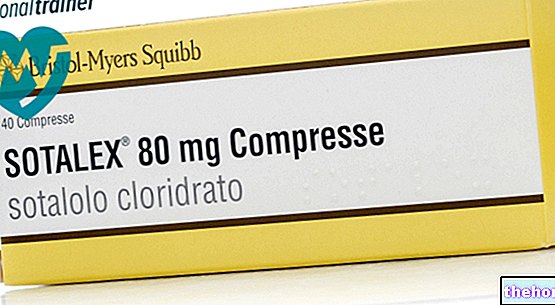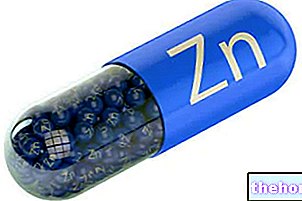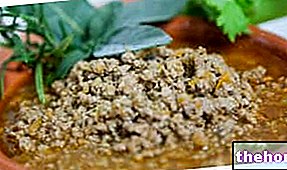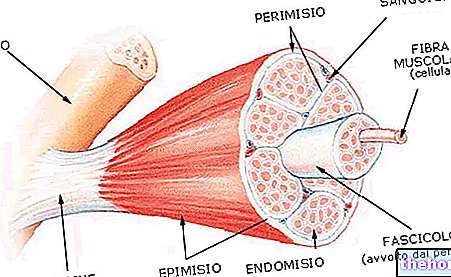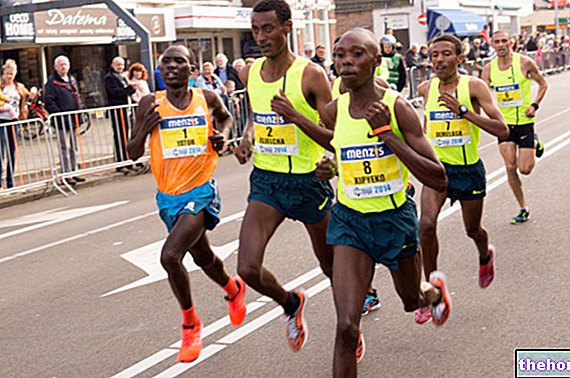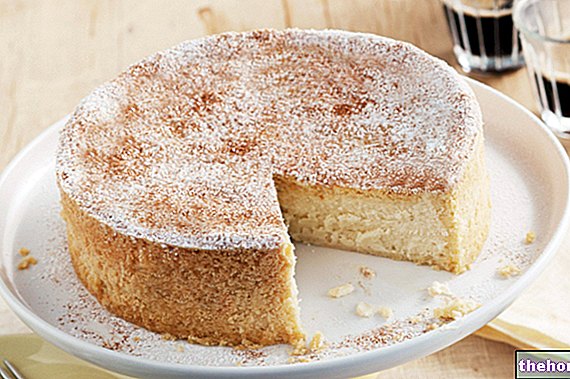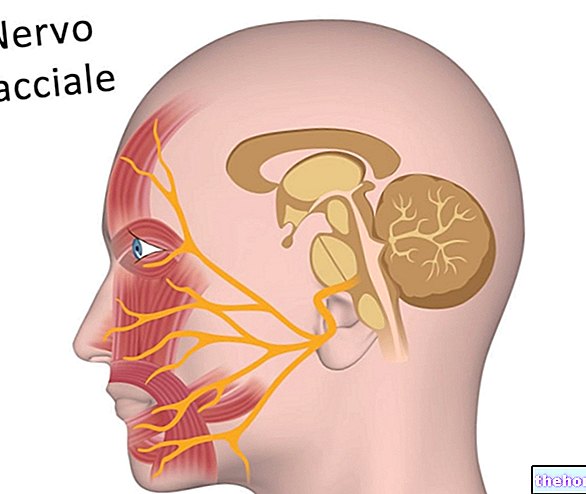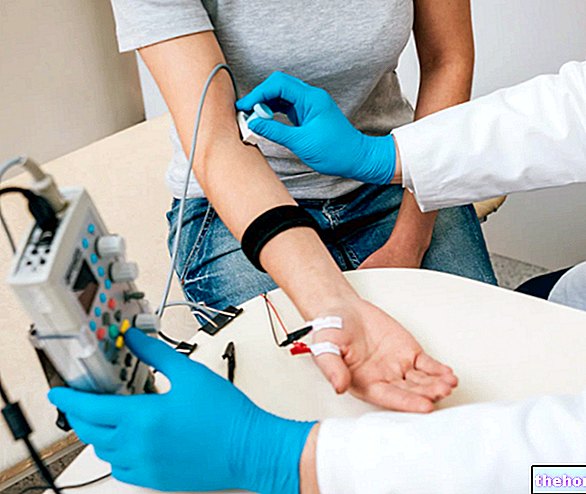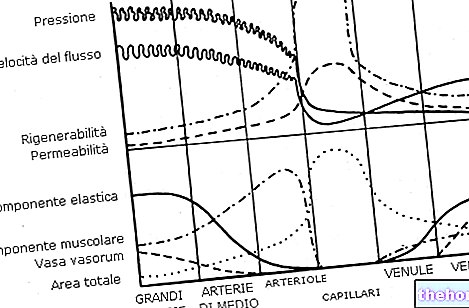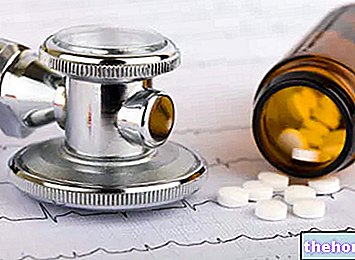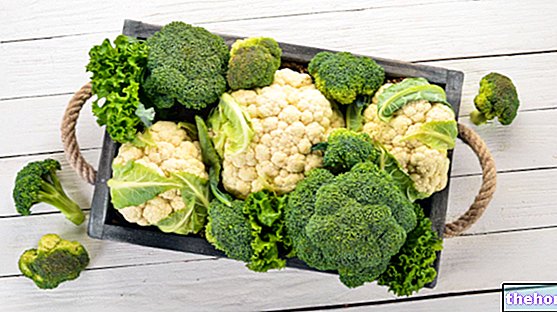Introduction
The connection between hair and pregnancy can take on different meanings from woman to woman. In fact, while for some women it is synonymous with greater shine of the hair, for others it is a concern as thinning can occur.

This fall can occur, for example, when the nutritional needs of the expectant mother are not completely met. At other times, stopping the birth control pill for an upcoming conception increases hair loss.
In any case, during the actual pregnancy most of the women experience the opposite phenomenon, that is characterized by a splendid and thick hair, which takes advantage of the increased rate of estrogen.
Role of Estrogen
As mentioned, those directly responsible for the increased splendor of the crown during pregnancy are estrogens, whose levels increase exponentially during gestation.
These female hormones are in fact able to positively influence the life cycle of the hair, prolonging its stay in the growth phase (anagen) and significantly limiting its fall.
At the end of pregnancy, however, the opposite phenomenon occurs: estrogen levels decrease and we can witness what is defined as hair loss during breastfeeding, or - more properly - post-partum effluvium. temporary condition, which in most cases returns to normal within six months to a year.
Although with the necessary individual differences, a loss of about 100 hairs per day is considered normal. When the fall remains high even after several months from the birth, it is possible to ask your doctor to check the hormonal values through a simple blood test; should any alterations be highlighted, it will therefore be possible to intervene with adequate replacement therapies. In general, however, a temporary increase in hair loss during breastfeeding should not worry the nurse excessively, much less interfere with the "magic" that characterizes this period (for more information: Hair and Breastfeeding).
Useful tips
Despite the beneficial effects of estrogen on hair health, some pregnant women may still complain of dry, brittle and dull hair. To try - as far as possible - to stem the problem, it may be useful to follow some advice:
- Use good quality mild and non-aggressive shampoos, specially formulated for dry, brittle and / or damaged hair.
- Use hair conditioner only if really necessary.
- Do not dry your hair at high temperatures and do not hold the hairdryer too close to the scalp.
- Do not rub your hair excessively after washing it, so as not to favor breakage.
- If necessary, make compresses with extra virgin olive oil, castor oil or linseed oil. These completely natural products, in fact, when applied to the hair shafts can help increase their brightness, making them softer at the same time.
- Adopt a healthy and balanced diet, essential not only for the well-being of the hair, but also for the well-being of the unborn child. In fact, during pregnancy, if the diet is adequate, nails and hair should not suffer any repercussions. Any use of specific supplements can only be done on medical advice.
Finally, much debated is the use of hair dyes during pregnancy. On the one hand, in fact, there are those who maintain that the products currently available are sufficiently safe to allow their use during gestation; on the other hand, there are those who claim the opposite, strongly discouraging hair coloring during pregnancy.
For the avoidance of doubt and, above all, to ensure the health of the child, before resorting to this type of treatment it is essential to always ask for the preventive advice of your doctor.
As for the use of perms or straightening treatments (counter-permanent) in pregnancy, however, the contraindication is absolute.

